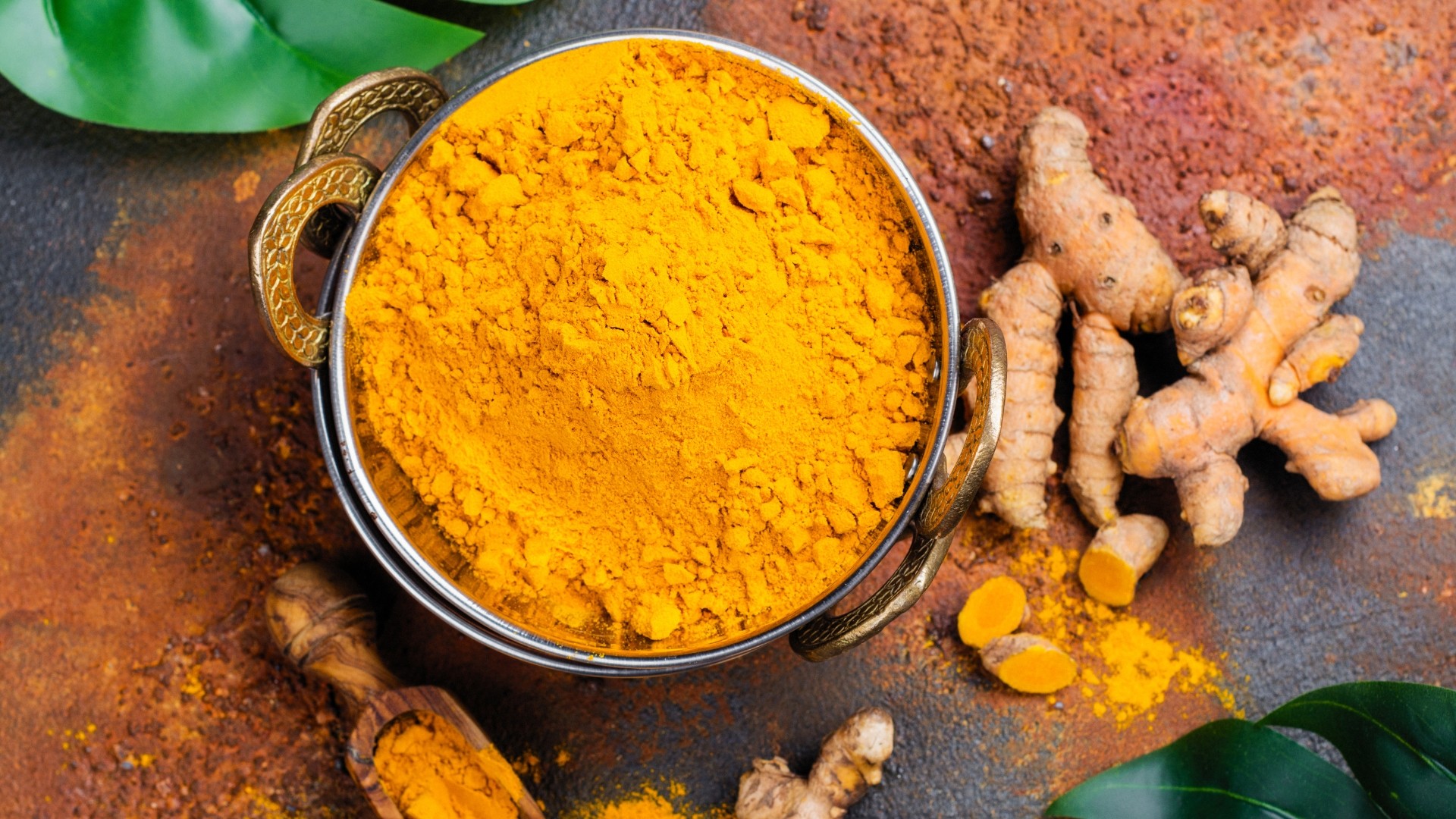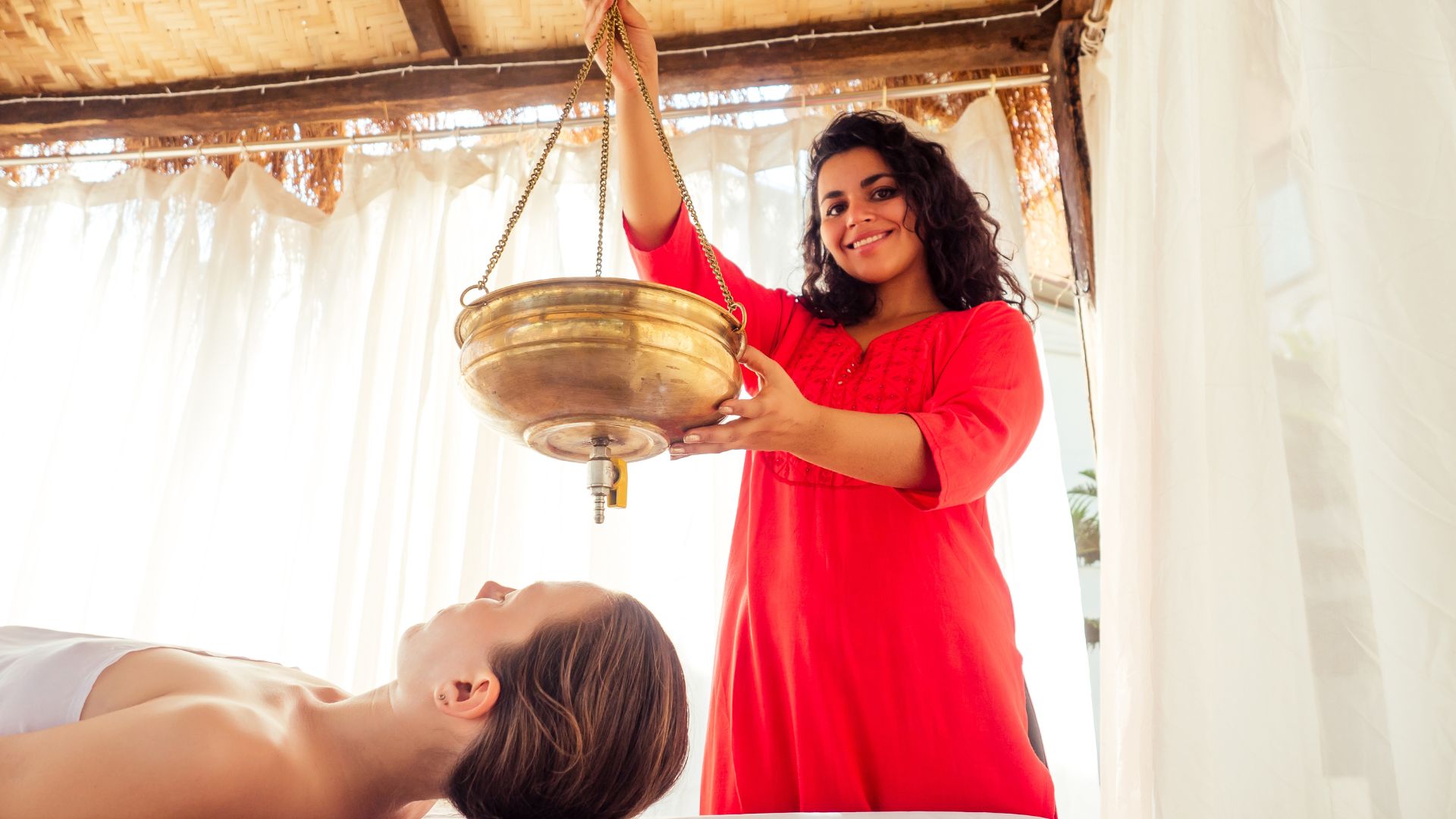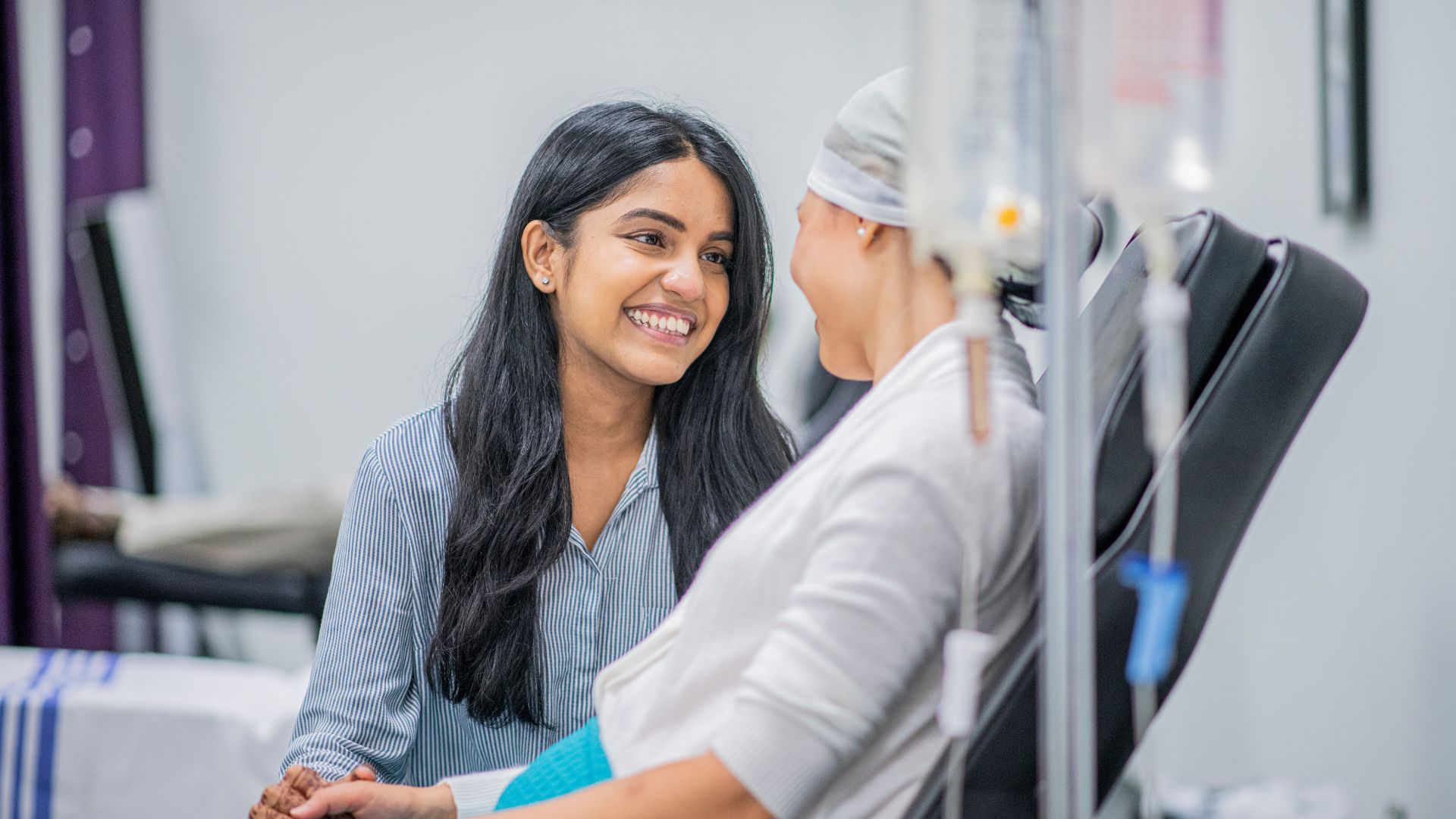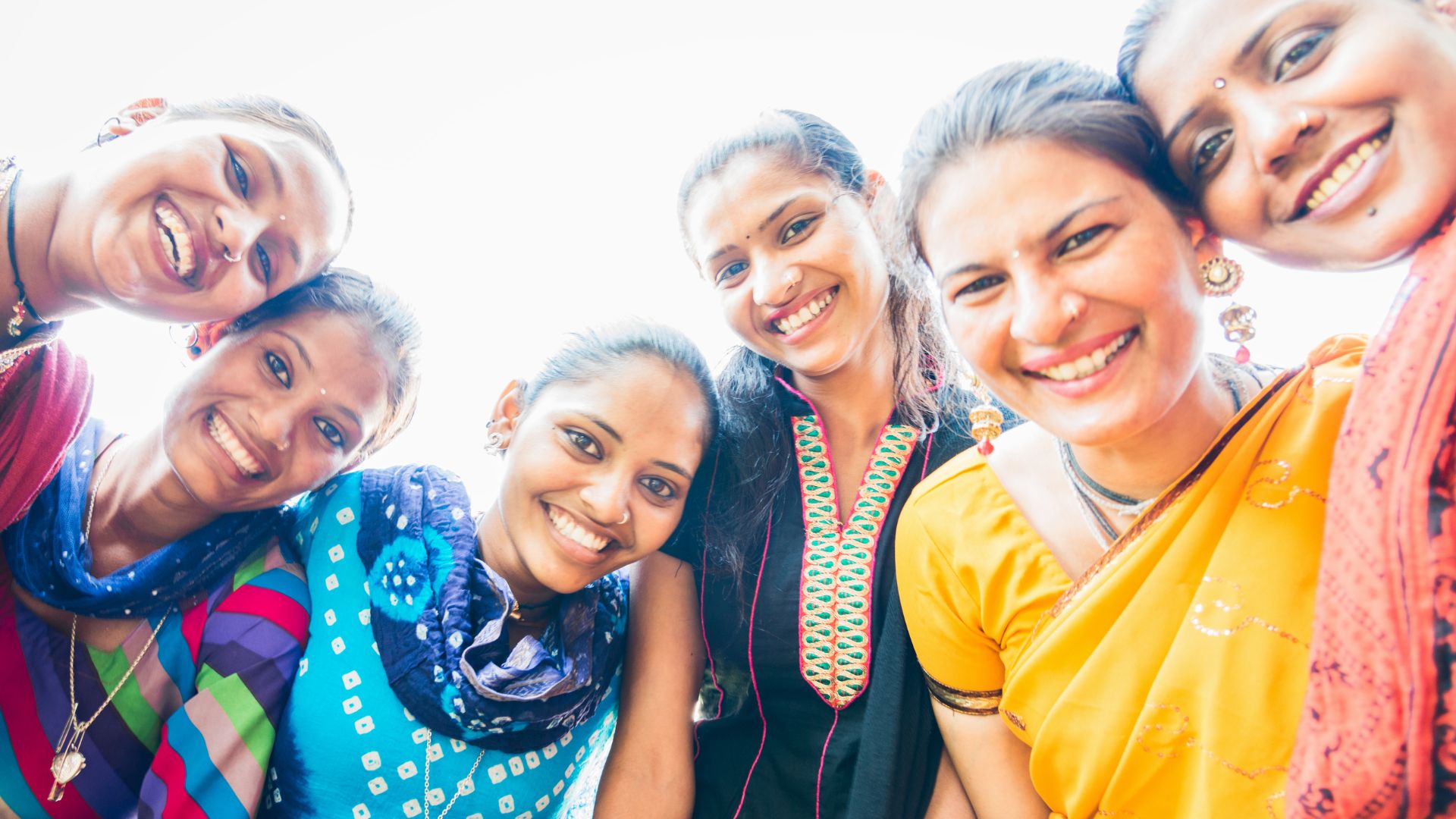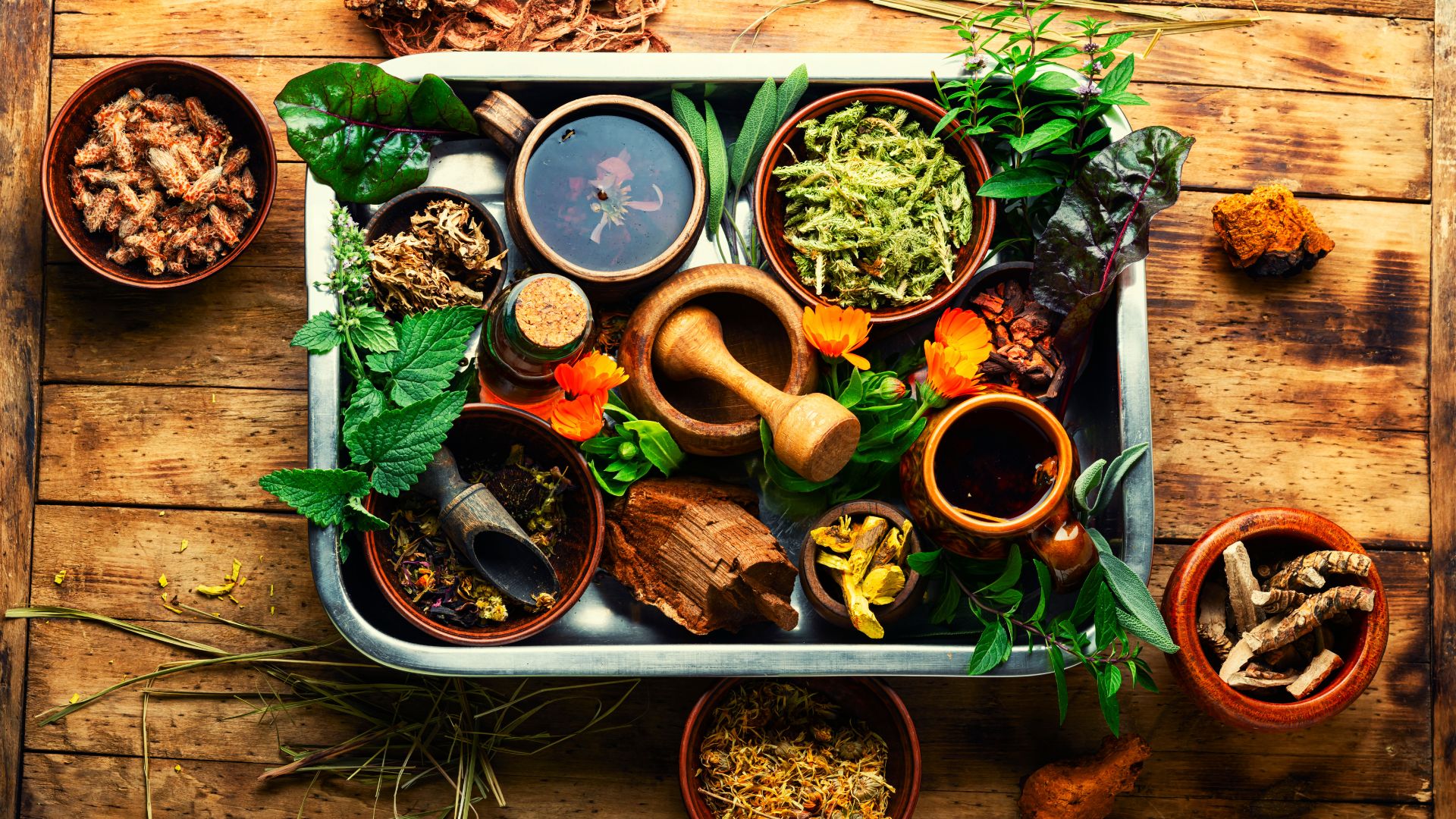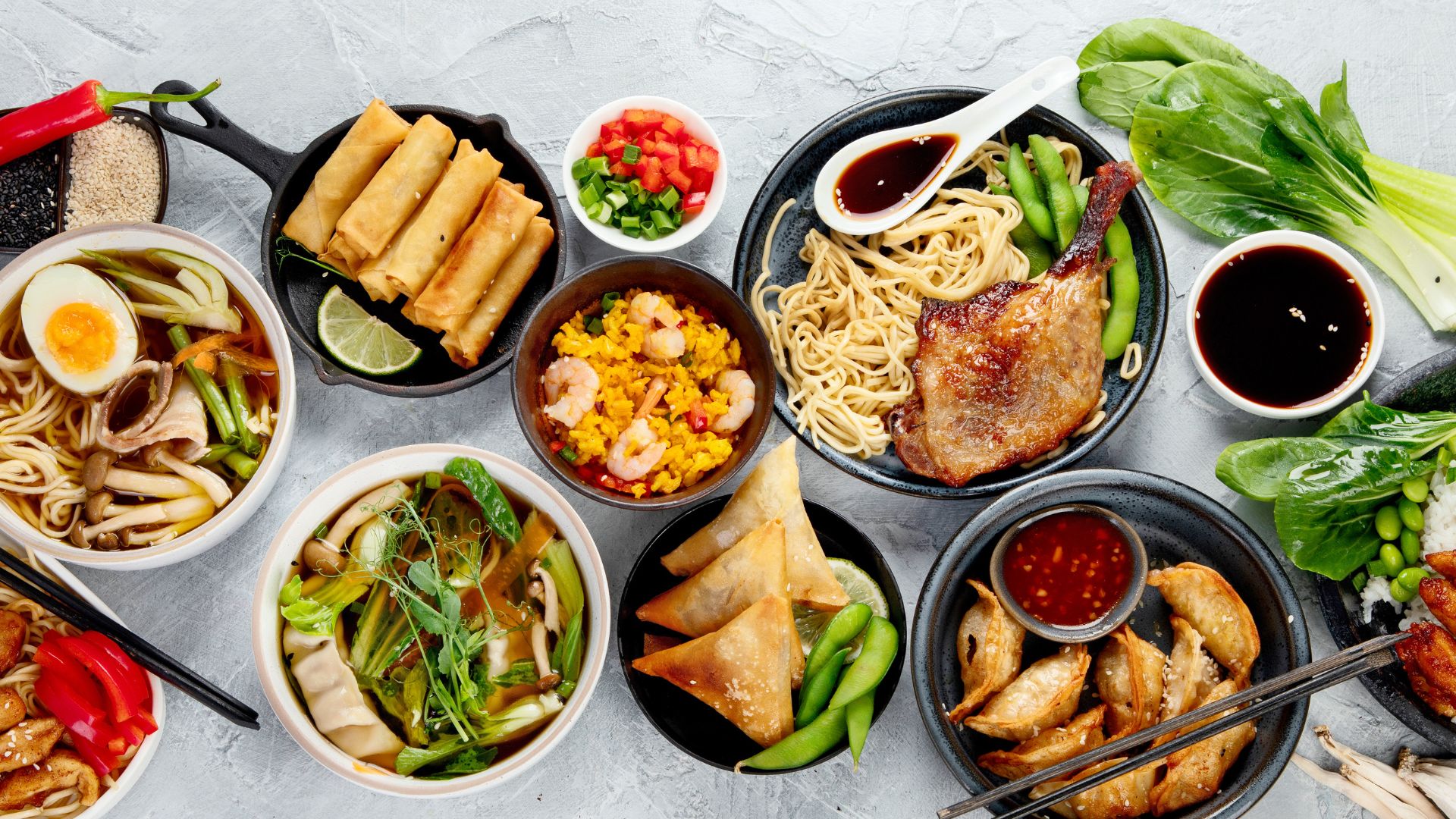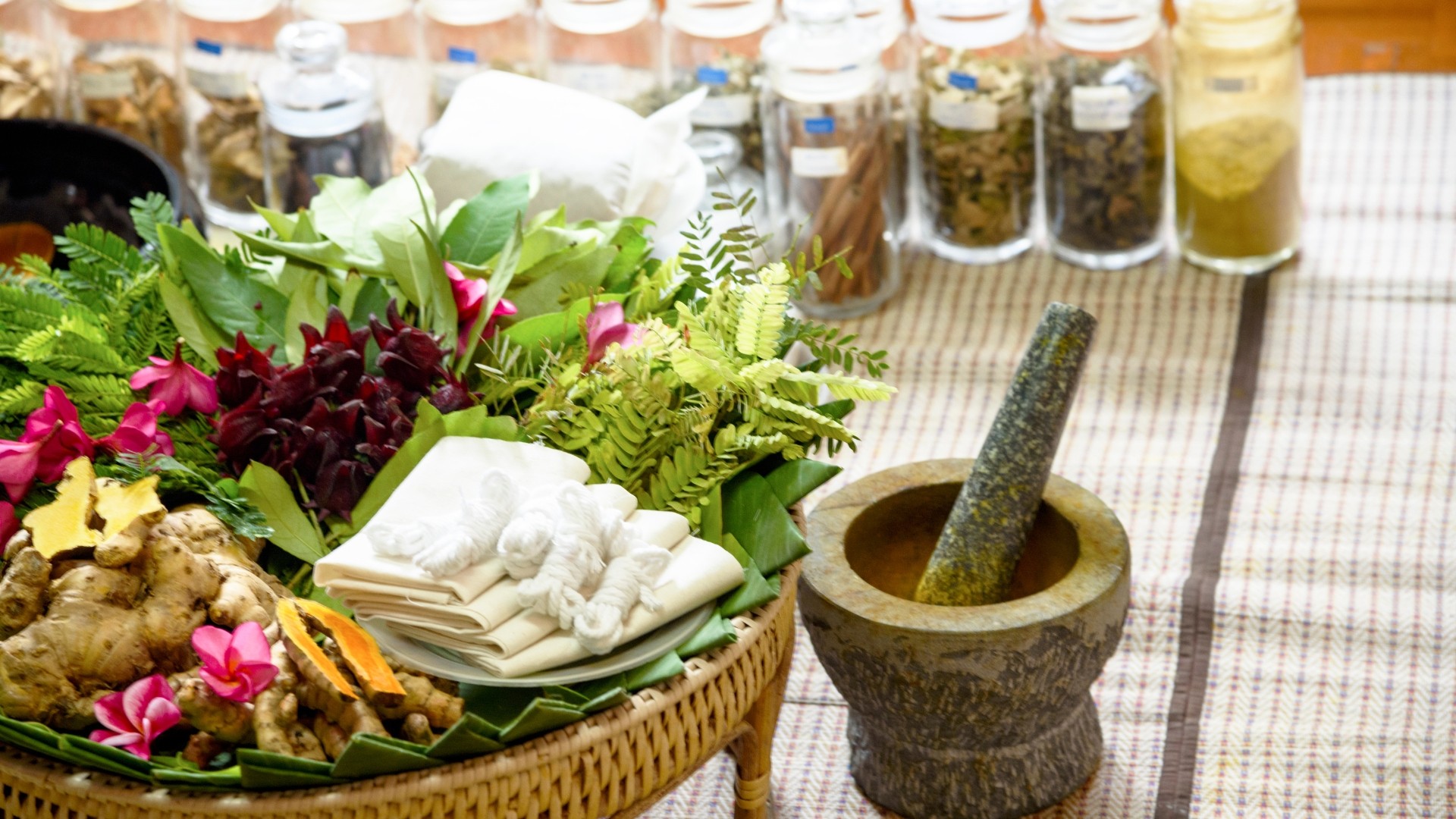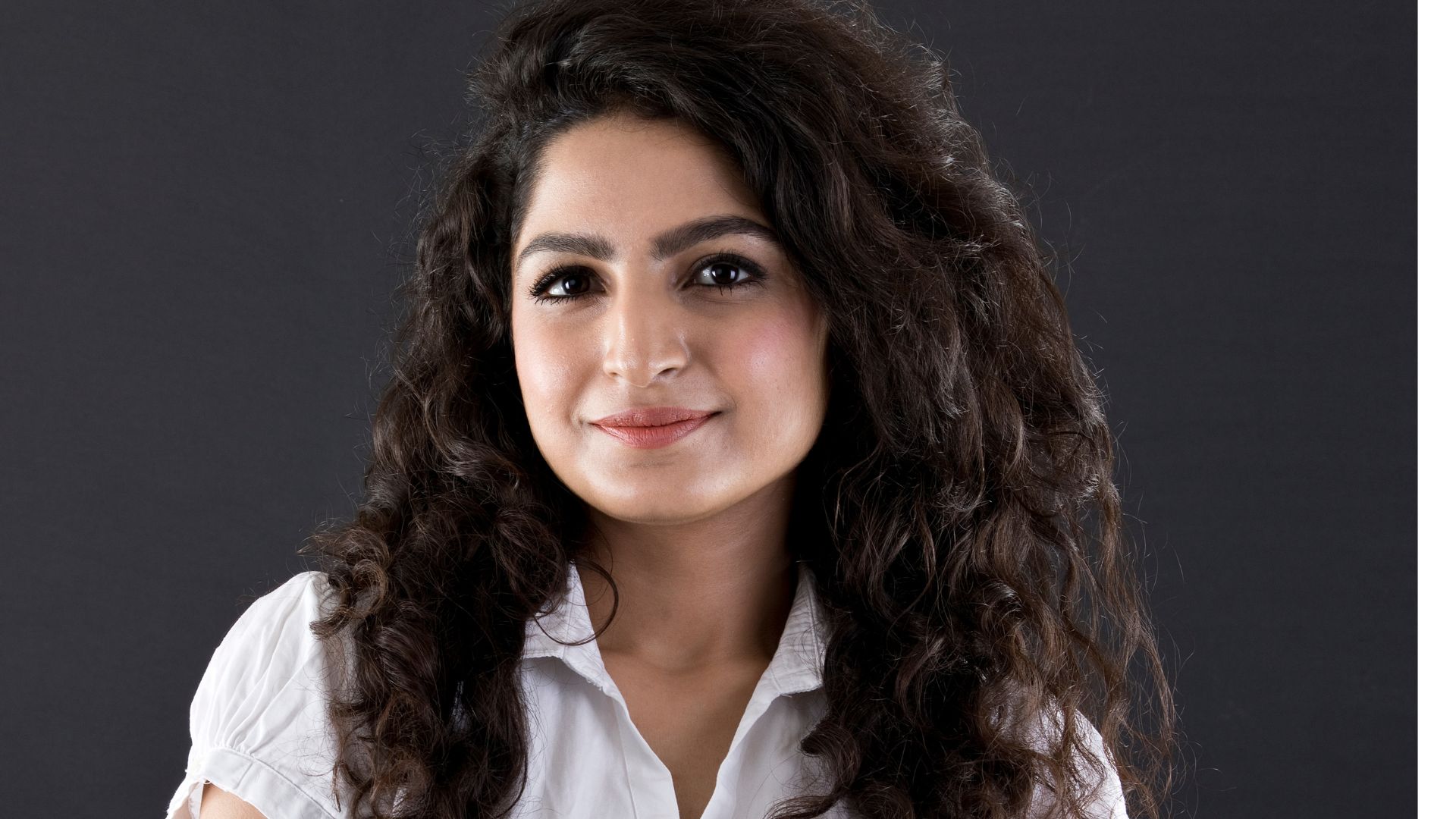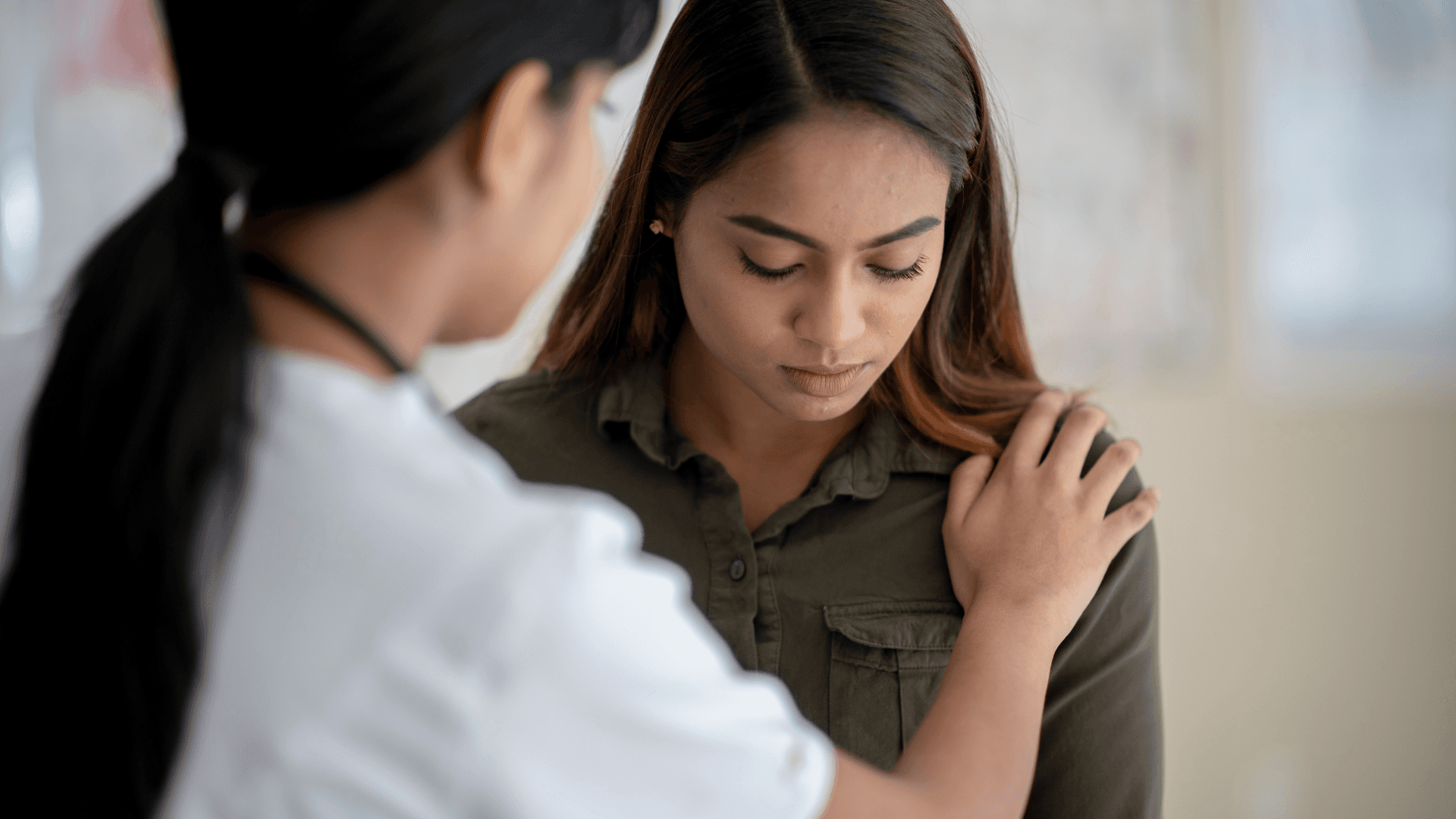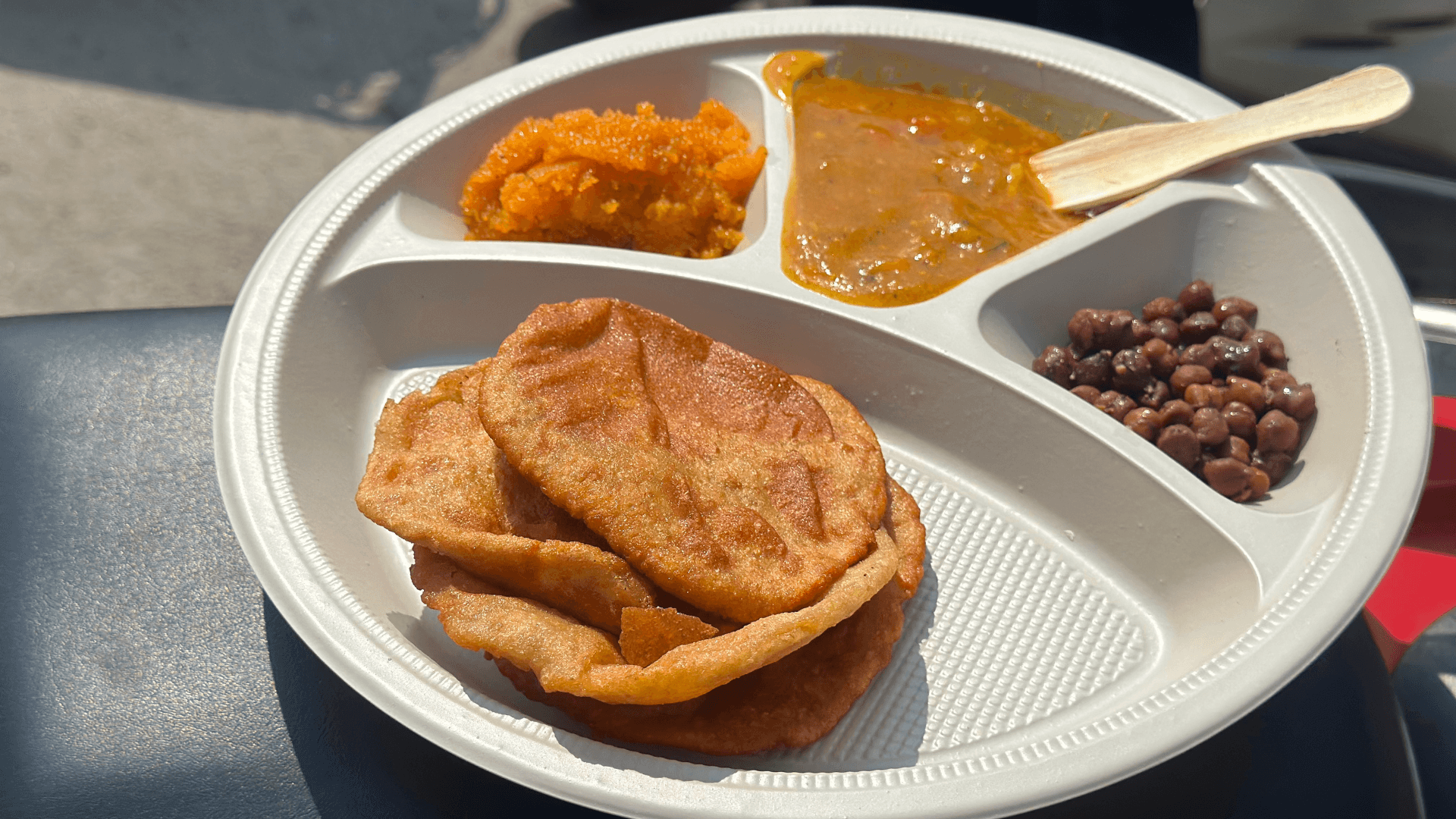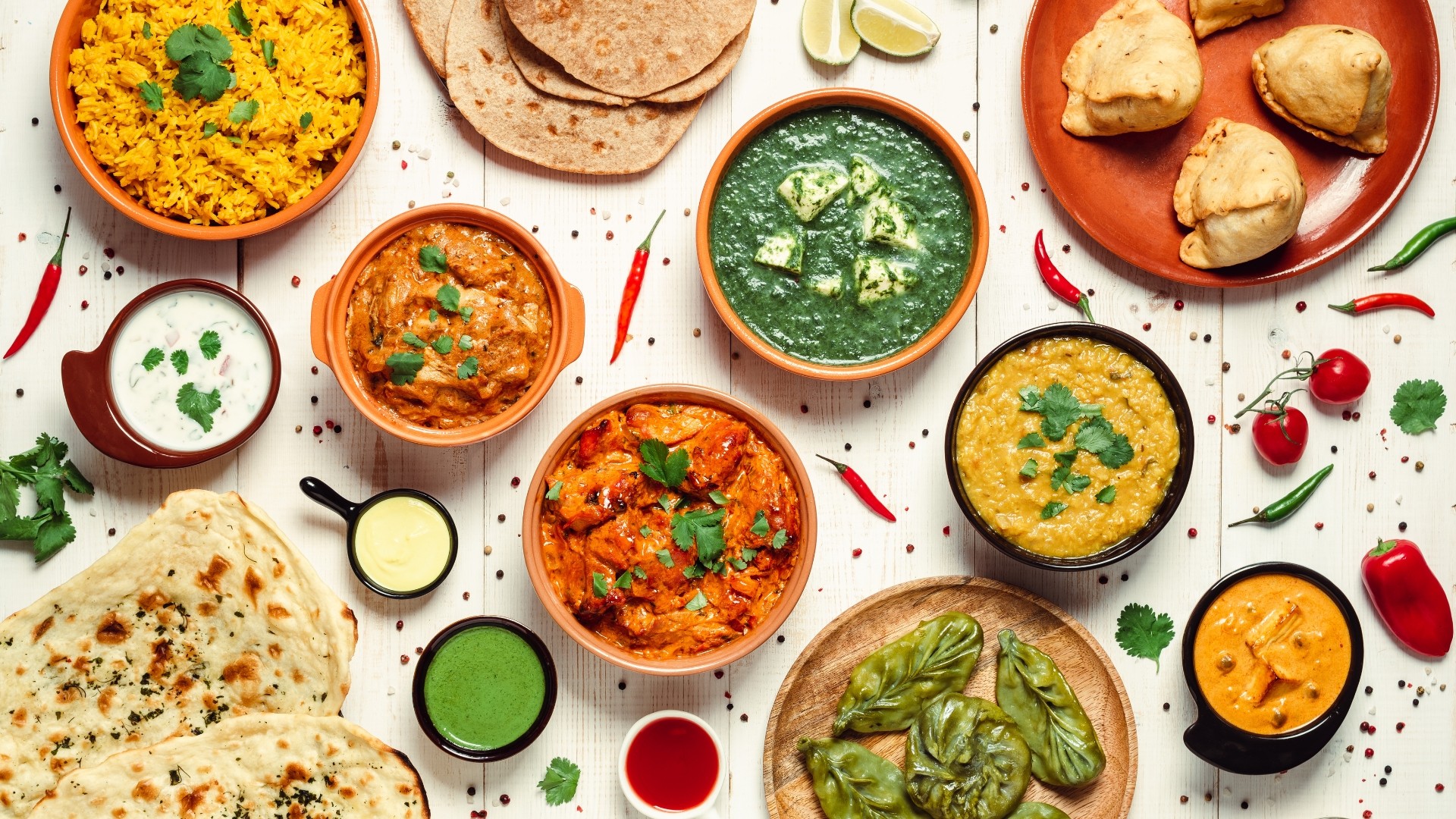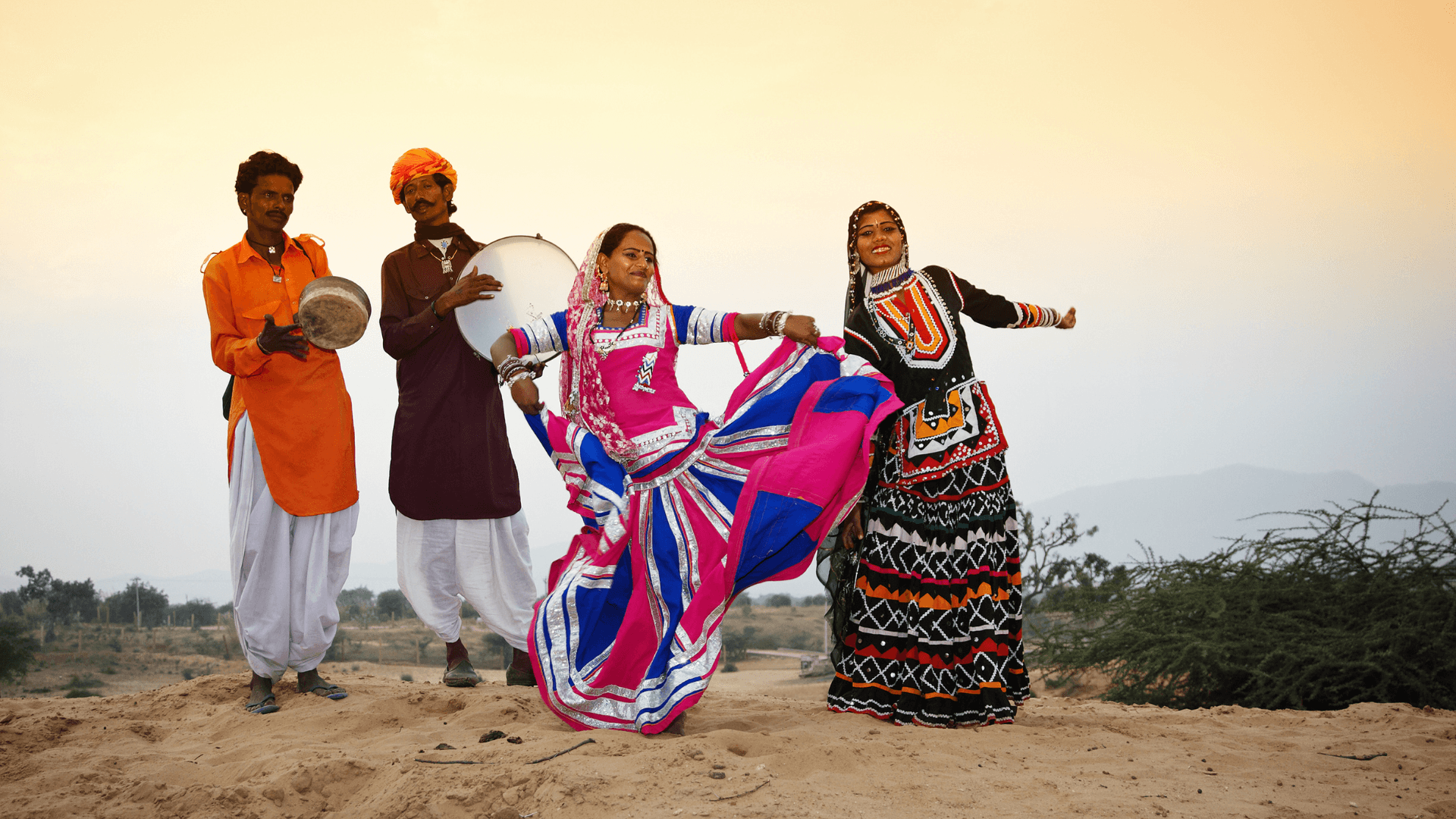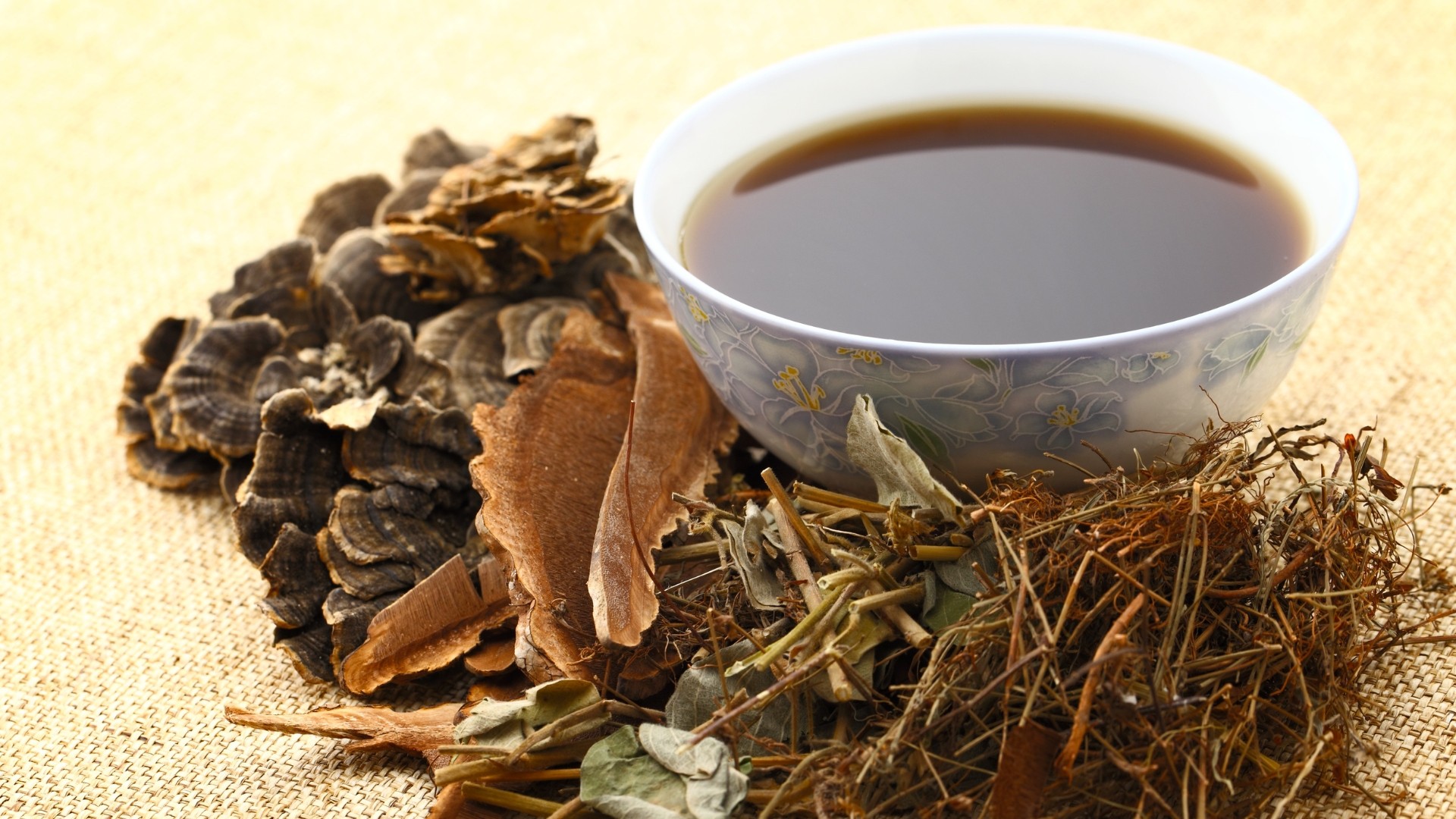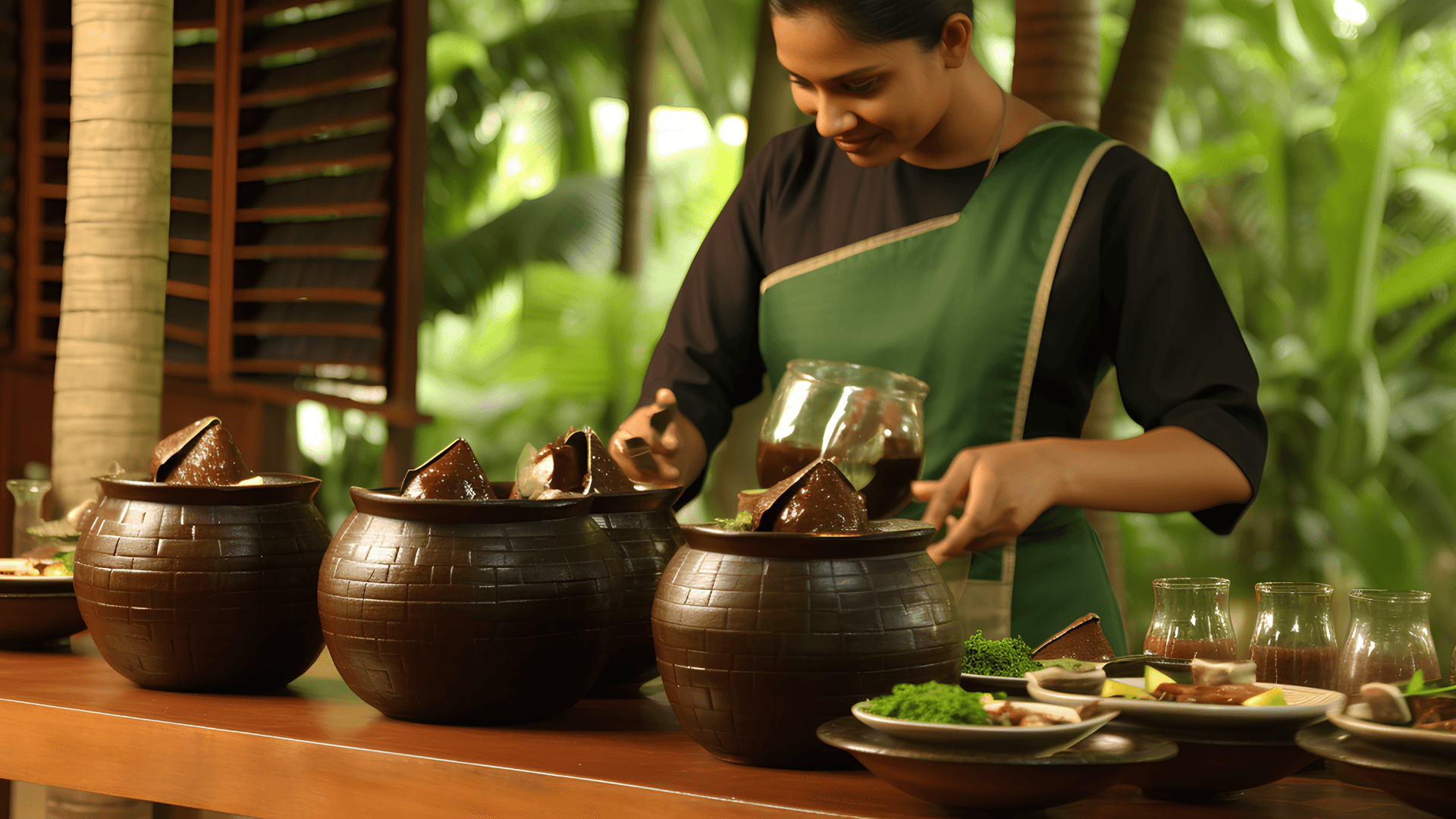Jan 12, 2022
Anjana Srivastava, a resident of the San Francisco Bay Area with South Asian ancestry, has witnessed a long list of family members affected by heart disease, a prevalent concern in her community. To contribute to unraveling the mysteries surrounding heart health in South Asian Americans, Srivastava joined the MASALA study – Mediators of Atherosclerosis in South Asians Living in America – the first large-scale, long-term U.S. study initiated in 2010.
As Asian American, Native Hawaiian, and Pacific Islander Heritage Month is celebrated in May, the MASALA study marks the milestone of generating its 100th scientific paper. This groundbreaking research delves into the heightened risk of heart disease among South Asians in the U.S. and seeks to educate healthcare providers on addressing these concerns.
South Asians, comprising individuals with roots in Bangladesh, Bhutan, India, Maldives, Nepal, Pakistan, and Sri Lanka, form one of the fastest-growing ethnic subgroups in the United States. Despite their growing presence, South Asians face an elevated risk of heart disease, which tends to manifest earlier in life compared to other groups.
Dr. Namratha Kandula, co-founder of MASALA, emphasizes the study's goal of not only identifying risks but also educating healthcare professionals to ensure appropriate care. The study has yielded several significant findings:
High Prevalence of Diabetes and Prediabetes: South Asians exhibit a notable prevalence of diabetes and prediabetes, along with high blood pressure.
Distinct Fat Storage Patterns: Unlike other ethnic groups, South Asians tend to concentrate fat around the liver and abdominal organs, potentially contributing to higher rates of diabetes and cardiovascular disease.
Elevated Levels of Lipoprotein(a) (Lp(a)): South Asians show higher levels of Lp(a), a type of cholesterol associated with an increased risk of heart disease and stroke.
Moreover, MASALA has shed light on the strong social networks within South Asian communities, emphasizing the importance of family relationships.
The study's co-founder, Dr. Alka Kanaya, underscores the significance of diversity in research, pointing out that early participants primarily represented highly educated Indians due to historical immigration patterns. Recognizing the need for a more inclusive sample, the study expanded its demographics in 2017, enriching the cohort with a broader representation of South Asians, including those with lower income and education.
Preliminary data from the latest round of the study reveal diverse levels and patterns of risk among South Asians, emphasizing the importance of considering socioeconomic status, immigration experiences, cultural factors, and lifestyle behaviors.
MASALA's findings challenge existing health paradigms and emphasize the necessity of tailored approaches for South Asians in the U.S. As the study continues to grow and diversify, it aims to unravel the complex interplay of factors influencing heart health in this vibrant and expanding community.
The MASALA study serves as a pioneering effort in prioritizing South Asian health concerns and calls for increased attention to this community's unique needs within the healthcare landscape.







